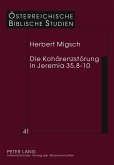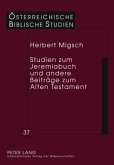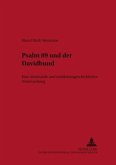The aim of this exegetical study of Josh 5,13-15 is to propose an understanding of this short narrative in its own proximate (Josh 1-6) but also larger (Gen-Josh) context. It shows that the triple installation of Joshua into his leading role - by Eleazar, Moses, and directly by Yahweh - is crucial for an understanding of our text. The final divine installation provides Joshua with the same authority as Moses. Joshua as leader, enjoying the same assistance from Yahweh as did Moses, is the only prophet like Moses under whom the final realization of the promise - the entry into the Promised Land - will take place. The salvific era inaugurated in Exod 3 extends right up to Josh 3-4. Thus Yahweh's encounter with Joshua (5,13-15) inaugurates a new salvific era. Its narrator evokes the fulfilment of the ancient promise and its actualisation through deliberate links to the theophanies of the patriarchs and creates an unshakable hope that the gift of land will be realised.








